
The explosion in genetic research might leave some of us feeling that the important role of the environment is being ignored. EDIT Lab PhD students Daniel and Chris explain why recognising genetic differences is crucial if we want to understand the true role of the environment, and work out which…

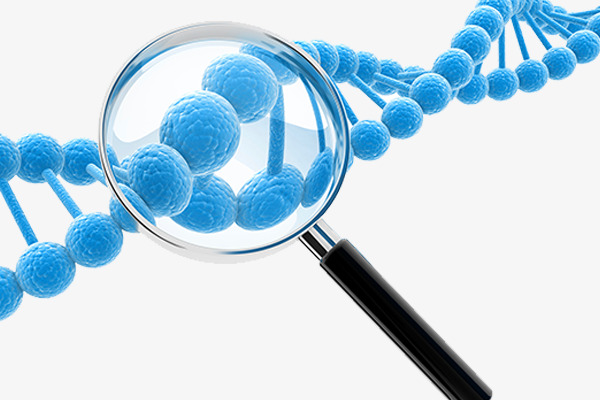
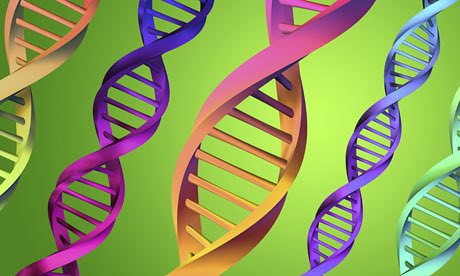
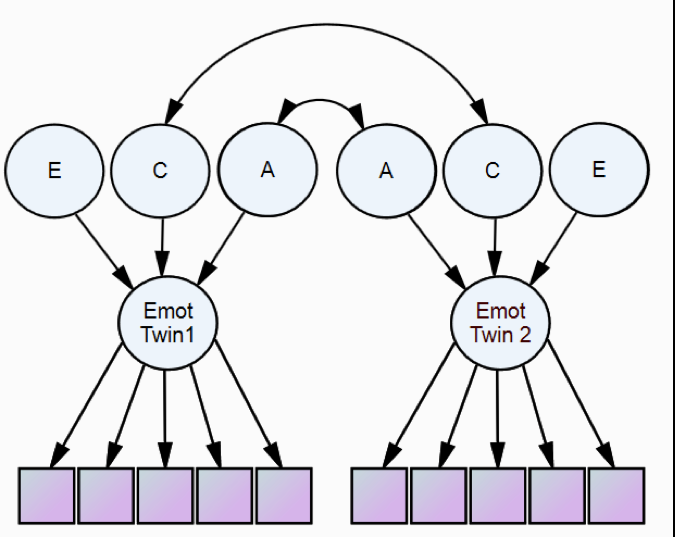
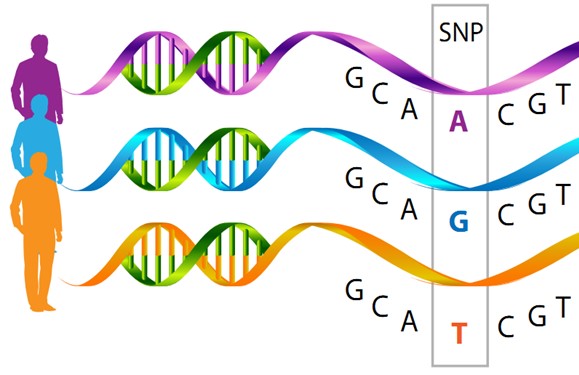

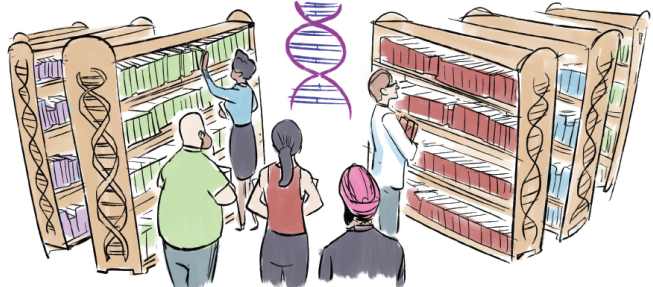

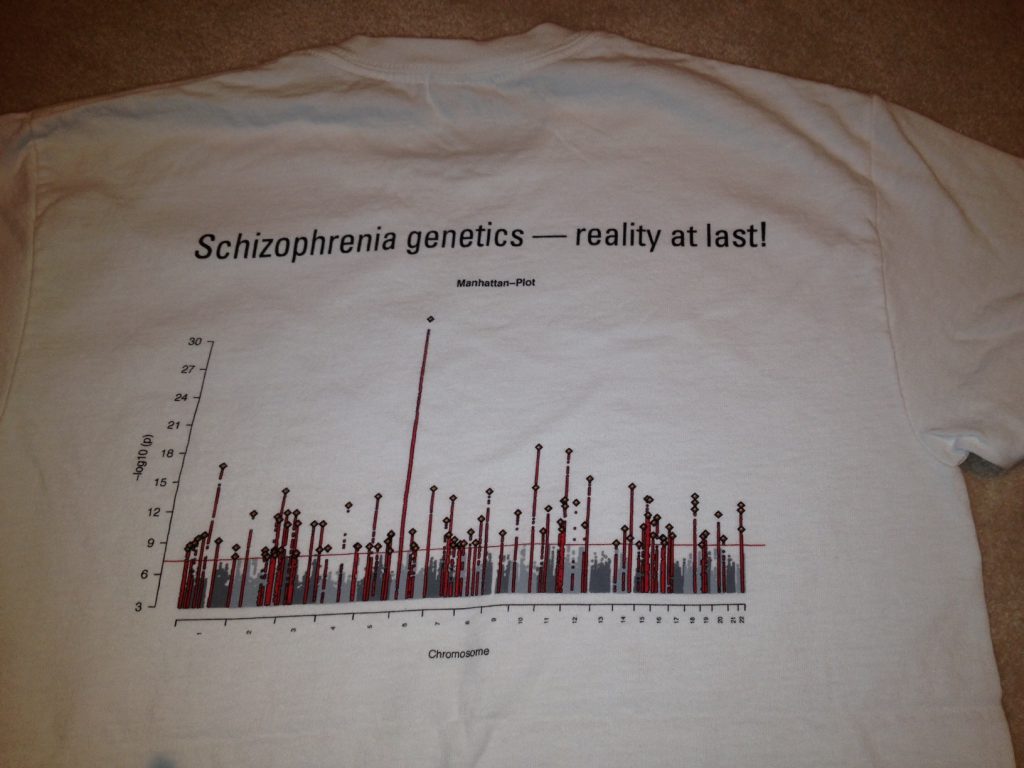
Recent Comments